 |
 |
 |
|---|
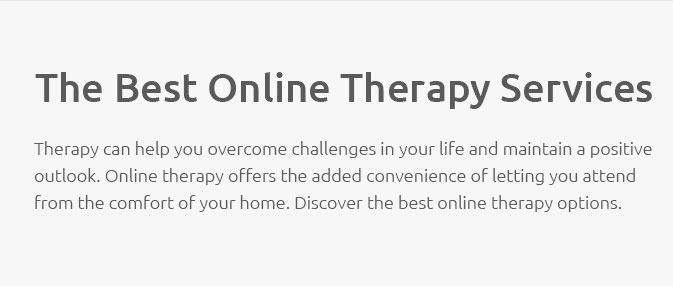 |
 |
|---|
 |
|
|---|---|
 |
 |
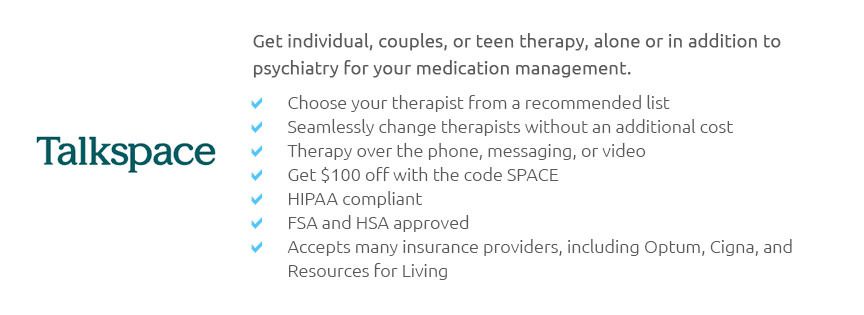 |
 |
 |
 |
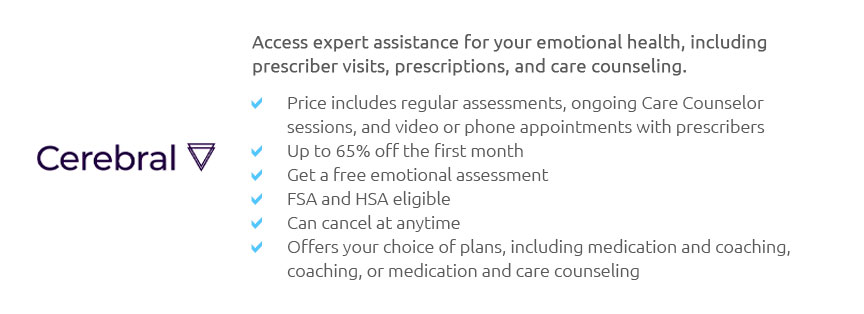 |
 |
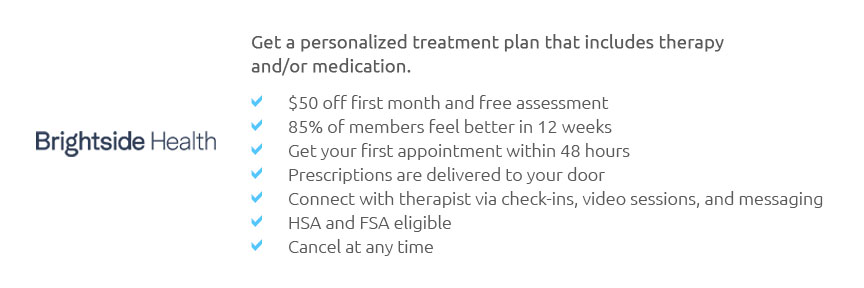 |
 |
 |
 |
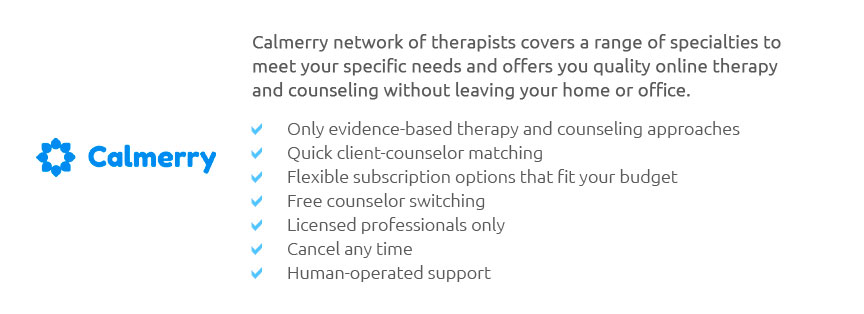 |
 |
 |
 |
|---|
How to Find a Mental Health Therapist: A Comprehensive GuideFinding the right mental health therapist can be a transformative step towards well-being. However, the process can seem daunting without guidance. This article provides a detailed roadmap to help you navigate the journey of finding a therapist that suits your needs. Understanding Your NeedsBefore beginning your search, it's essential to assess your personal needs. Are you dealing with anxiety, depression, or perhaps seeking therapy for empaths? Understanding your specific challenges can help in selecting a therapist with the appropriate expertise. Identify Your GoalsConsider what you hope to achieve from therapy. This can range from developing coping strategies to gaining deeper personal insights. Having clear goals can guide your choice of therapy style. Researching TherapistsOnce you have a clear understanding of your needs and goals, start researching potential therapists. You can use online directories, referrals from friends, or consult your healthcare provider for recommendations. Check Qualifications
Be mindful that the cost of therapy can vary. For more details, you can explore how much is it to see a therapist for a broader understanding of potential expenses. Evaluating Therapy StylesDifferent therapists employ varying therapeutic approaches. Here are some common types:
Choosing a style that resonates with you is crucial for effective therapy. Initial ConsultationMost therapists offer an initial consultation. This session is a valuable opportunity to assess compatibility and comfort level with the therapist. Prepare a list of questions to ask about their approach and experience. Assess CommunicationEffective communication is key. Ensure the therapist listens actively and provides a safe, non-judgmental environment. FAQHow long does it typically take to see progress in therapy?Progress varies for each individual. Some may notice changes within a few sessions, while others may take longer. Consistency and openness in sessions are crucial factors. Can I switch therapists if I'm not comfortable?Absolutely. It's important to feel comfortable with your therapist. If you feel the current one isn't a good fit, it's perfectly acceptable to seek someone else. What should I do if I can't afford therapy?Consider looking for therapists who offer sliding scale fees or explore community mental health services. Some online platforms also provide affordable therapy options. In conclusion, finding a mental health therapist requires careful consideration of your needs, thorough research, and open communication. Take your time to find a professional who makes you feel heard and supported on your journey towards mental wellness. https://mentalhealthmatch.com/browse-therapists/texas/dallas
Mental Health Match features thousands of therapists. Our clinical matching tool can help find someone who meets your needs. https://www.psychologytoday.com/us/therapists/tx/dallas
To find a therapist who provides telehealth services to clients in your area, click Online Therapy on the directory homepage and search by your city or town ... https://afsp.org/find-a-mental-health-professional/
Ask your primary care physician, pediatrician or ob-gyn for a referral. Students can also refer to on-campus counseling centers or health centers, even a ...
|
|---|